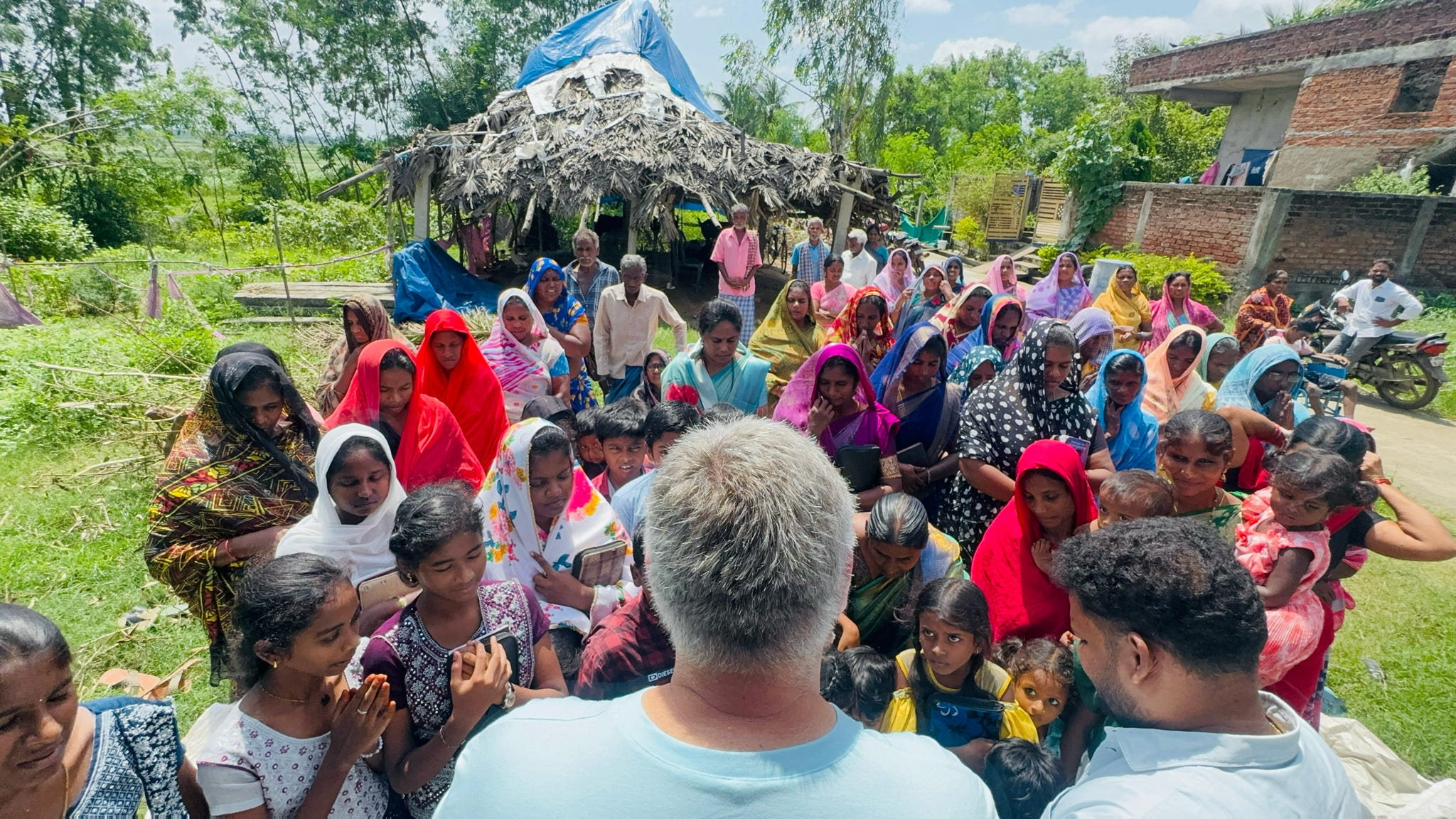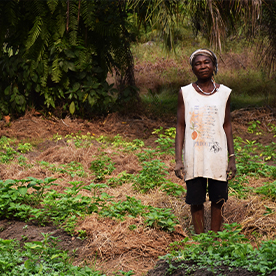

11 Min Read
Equipping and Training Pastors and Evangelists in India
Read More
3 Min Read
Jul 13, 2021



Long before the Islamic and Christian religions colonized much of the African continent, indigenous African religions defined much of African life. Each tribe, from each country had their own religion – however many African’s would dispute the definition of “religion,” moreover, they believe it to be a way of life, informing everything in traditional African society, including political art, marriage, health, diet, dress, economics, and death.
Although Christianity and Islam have spread so widely across Sierra Leone and West Africa, tribal religions and their traditions still influence everyday life in these West African countries. Even Christian and Islam practices carry similarities and long-rooted traditions unique to African tribal religions.
For example, a West African that identifies as Christian and believes in Jesus, may still carry forward with a traditional African “religious” mindset in the way that they view the world and life as both Christians and indigenous West Africans – placing a special value on honoring their ancestors, following Christian rituals and understanding why they are sacred, valuing symbols and objects related to the Church (the cross, apostles, the church, etc,) and even a unique way of praying and worshiping. Just as we as influenced by our ethnic and cultural background, West African Christians are as well.
Today, Set Free’s indigenous team of pastor partners and drill crews experience many traditional religious beliefs and practices in the villages they visit. While in these villages, they work to share the Gospel and explain why they believe in Jesus with those that believe in many gods, spirits, and the sacredness of different objects. Check out a first-hand look at our partner pastor, Alphonso’s story about his experience visiting Kychom, Sierra Leone and the fall of the villages Spirit Tree.
Set Free work with indigenous partners in Sierra Leone and Liberia to help them provide clean water and share the Gospel with villages. We enjoy seeing the unique traditions and learning about the rich religious history of West Africa from our partners.



See how far your dollars go in making an impact in the lives of others.